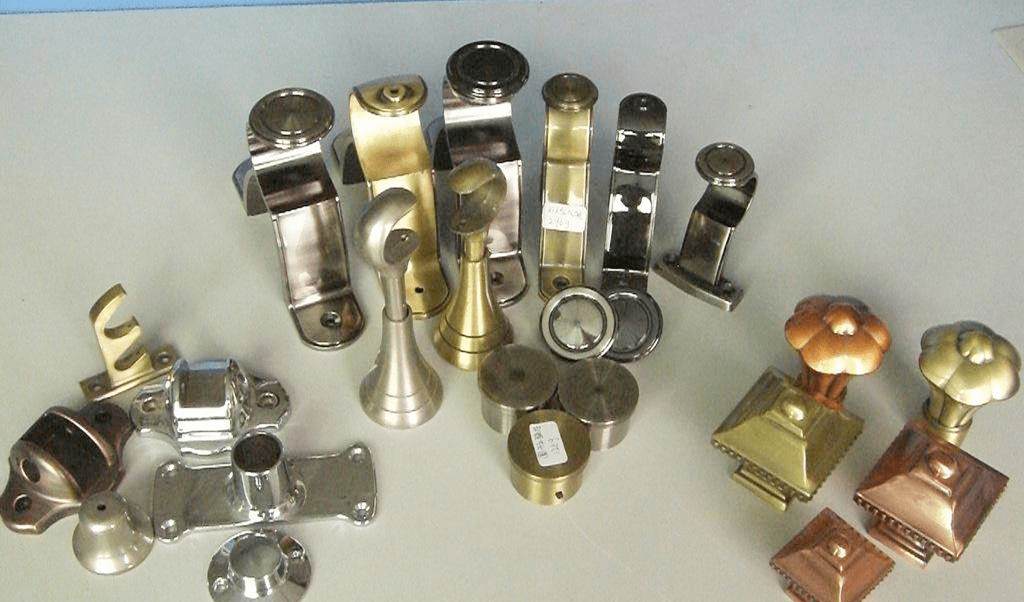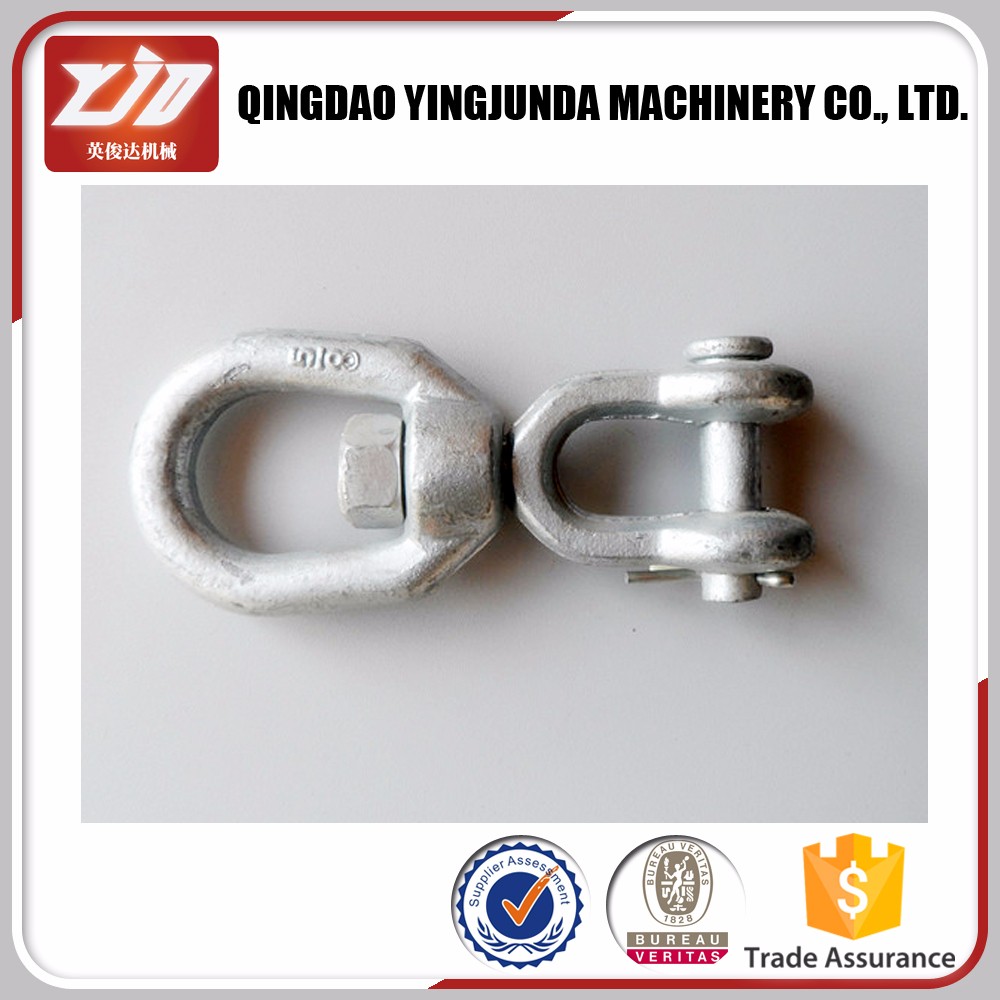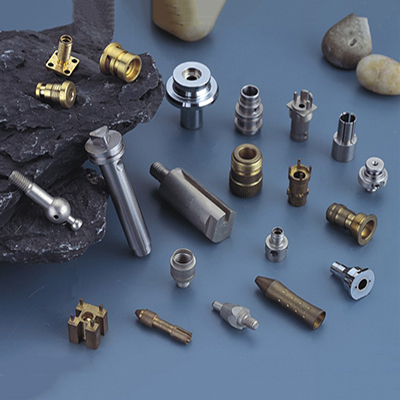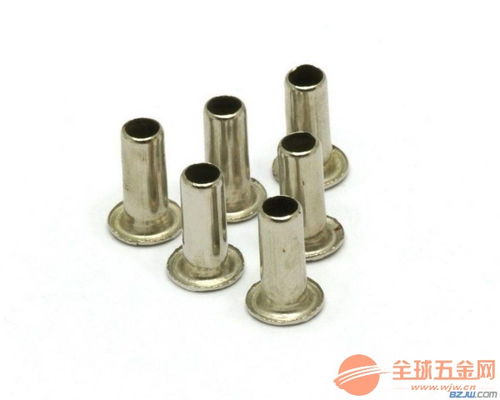Title: Metal Parts Manufacturing and Processing: A Guide to Outsourcing in the Hardware Industry
Outsourcing in the hardware industry is a common practice that can help businesses save time and money. This guide provides an overview of metal parts manufacturing and processing outsourcing, including the benefits and risks associated with it. It also outlines the important factors to consider when selecting an outsourcing partner, such as their expertise, experience, and reputation. Additionally, this guide provides tips for managing outsourcing relationships to ensure successful outcomes. By understanding the ins and outs of outsourcing in the hardware industry, businesses can make informed decisions that will help them achieve their goals.
In the hardware industry, outsourcing metal parts manufacturing and processing is a common practice. By subcontracting these tasks to a professional manufacturer, businesses can save time, reduce costs, and ensure the quality of their products. This guide provides an overview of the essential aspects to consider when outsourcing metal parts manufacturing and processing.
Firstly, it is important to establish clear objectives and requirements for the metal parts you intend to manufacture. Consider factors such as material selection, design specifications, and performance standards. This will help you communicate these requirements effectively to potential outsourcing partners.
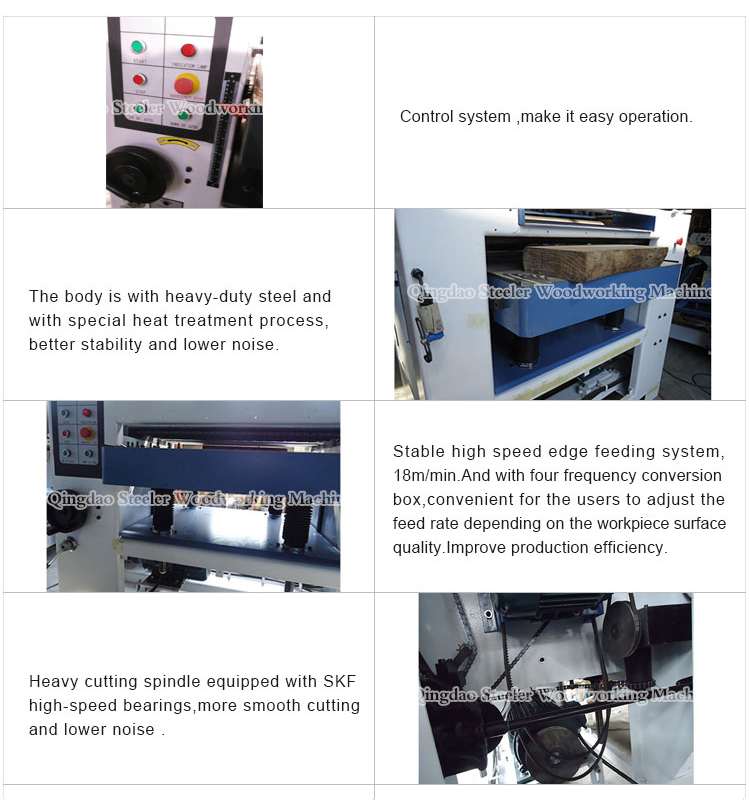
Secondly, research and evaluate potential outsourcing partners. Look for manufacturers with a reputation for high-quality work, who have experience in processing similar materials, and who have the necessary equipment and expertise. Consider requesting quotes from multiple manufacturers to ensure you are getting the best possible deal.
Thirdly, establish clear terms and conditions for the outsourcing agreement. This should include details such as the scope of work, payment terms, and confidentiality agreements. It is essential to have a written agreement that outlines the responsibilities of both parties and provides a framework for resolving any issues that may arise.
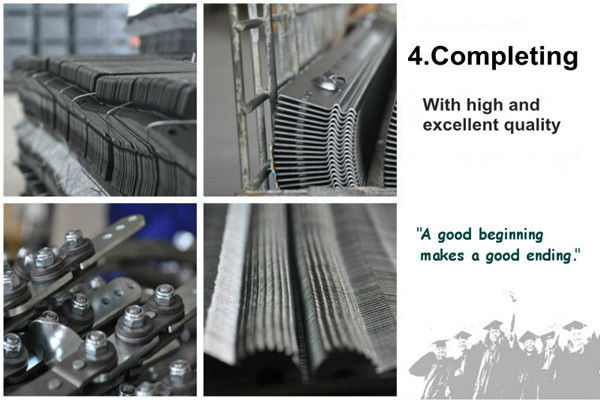
Fourthly, monitor and evaluate the performance of your outsourcing partner. Regularly communicate with them to ensure they are meeting your requirements and deadlines. If you find any issues or concerns, address them promptly to ensure they do not affect the quality of your product.
Finally, consider the benefits of long-term outsourcing relationships. By developing a strong relationship with your outsourcing partner, you can achieve economies of scale, reduce costs further, and improve efficiency. Additionally, long-term relationships provide stability and continuity, which are essential for maintaining product quality and consistency.
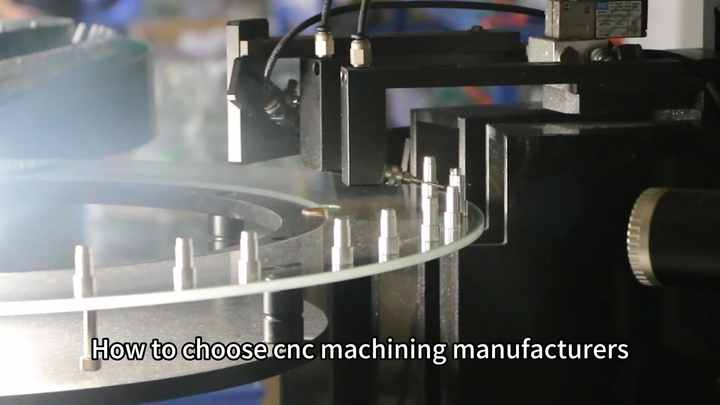
In conclusion, outsourcing metal parts manufacturing and processing can be a beneficial practice for businesses in the hardware industry. By following this guide, you can establish clear objectives, research potential outsourcing partners, establish terms and conditions, monitor performance, and consider long-term relationships to ensure you are getting the most out of your outsourcing strategy.
Articles related to the knowledge points of this article:
Title: Attention Points When Manufacturing Hardware Accessories in Xuzhou
